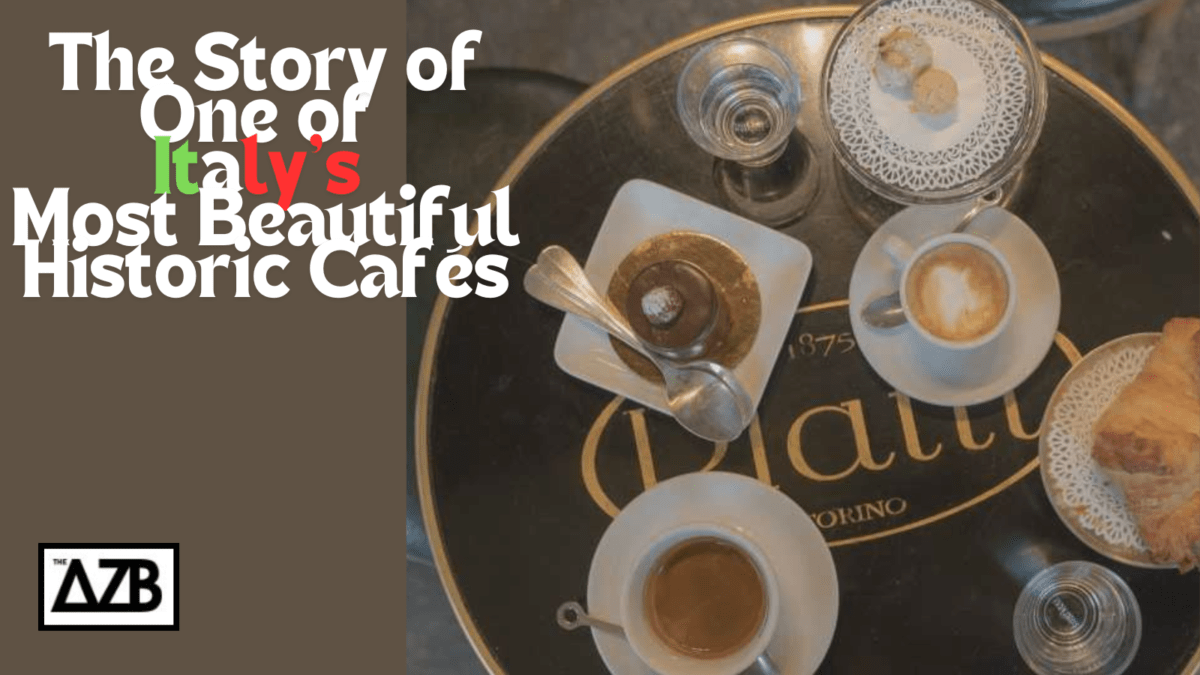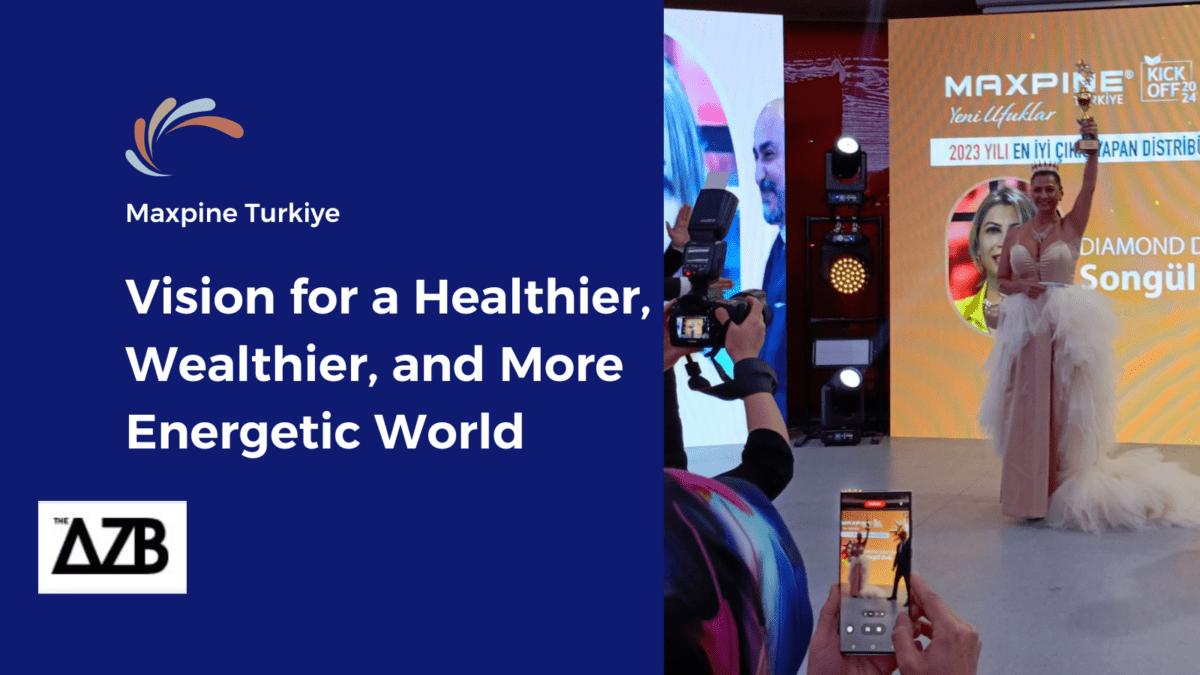With all the technological progress of the 21st century, the way market economies are working globally they have produced an ever increasing crowd of poor people. With almost 80% adult population in Pakistan lacking bank accounts and thus a basic means of livelihood, the AAM AADMI (common citizen) is without financial access to participate in society. Poverty requires income and productive resources to ensure sustainable livelihoods. Its manifestations include hunger and malnutrition, limited access to education and other basic services, social discrimination and exclusion as well as the lack of participation in decision-making.
For the fiscal year 2020–21 poverty in Pakistan has been recorded by the World Bank at 39.3% using the lower middle-income poverty rate of US$3.2 per day, and 78.4% using the upper middle-income poverty rate of US$5.5 per day. The economic gains in the 1970s and 1980s saw the trend in poverty reversing in the 1990s because political parties while being loud in their populist rhetoric implemented poor federal policies to go with rampant corruption.
Imran Khan has successfully connected the fight against poverty with the fight against corruption, that is aimed to free the creative capacity of the deprived. However there is really no road map beyond containing corruption. The excellent “Ehsaas Scheme” is a tip of the iceberg, even Imran Khan has not fully understood “financial inclusion”, the giving of access to people with low income and living in remote areas to bank accounts and banking services. As a family this became our prime objective. For a decade my immediate family invested in an enterprise to harness the human and economic potential of “financial inclusion”. The “vision thing” (with apologies to George Bush, Jr) envisaged that this would open up new opportunities for access to banking services for all. Our “Financial Services and Technology Division” includes the flagship company: Virtual Remittance Gateway (VRG). During the last 7 years VRG developed a switch that allows connectivity between financial institutions and mobile telcom operators.
But the path to its launching has been difficult and frustrating but in the end worth the money and the effort. Under the “National Financial Inclusion Strategy” encouraged by the World Bank, the State Bank of Pakistan (SBP) and Pakistan Telecommunication Authority (PTA) crafted together rules for Third-Party Service Providers (TPSPs) in the early 2010s, envisioning a truly extraordinary Scheme to interconnect all mobile financial service providers with financial institutions to democratize the industry and to become a catalyst for greater financial inclusion. Both the regulators jointly issued rules for the industry in 2017, Asaan Mobile Account (AMA) being a digital Wallet that enables individuals to perform a wide range of transactions using a simple mobile phone. This allows individuals an easy gateway to mobile payments in Pakistan without having a smartphone or internet connectivity. AMA scheme connects subscribers of any major telecoms network to a panel of financial institutions. From there, they can open a bank account in less than one minute.
Satisfying both the regulators and subsequently conducting commercial agreements between two distinct industries; banking and telecom, VRG’s project headed for launch in August 2020 but ran into legal difficulties on spurious grounds. However the concerned High Court took 18 months to reject their absurd plea as being (1) without any grounds for grievance and (2) without any conceivable reason whatsoever for the Plaintiff to target us. The subsequent pilot phase pre-launch AMA achieved over a million customers in December 2021 without any publicity whatsoever. Separating the destinies of the poor from poverty alleviation is a feudal mindset without any logical timeframe or sensitivity for the deprived and underprivileged. An official launch date could not be obtained by the regulator due non-availability of our political leaders for the “photo-ops” and because of political instability. Alleviating the miseries of the poor seems to weigh far less than its political benefits, the unground feudal mindset among our politicians and bureaucracy cannot reconcile with a situation where the poor would be equal to the elite in trying for access to financial services.
Even without formal advertising campaign nearly five million AMA bank accounts have been registered with 13 banks, having branchless banking licences. It has presently processed 40 million transactions worth over Rs 140bn. And what is even more noteworthy, 32% of AMA accounts created have been made by women, compared with 18% of standard bank accounts in Pakistan.
VRG’s AMA team presented it to the World Economic Forum (WEF) ten days before its Annual Meeting in May 2022 in Davos. The technology for multiple options for “financial inclusion” impressed the representatives of the banking sector. Calling it is a rare combination between commercial banks and mobile network operators (telcos). WEF’s EDISON ALLIANCE is considering Pakistan as a LIGHTHOUSE country for 100% Pakistani fintech company’s achievement.
SBP channelled funds and grants from international organizations for the development of a very innovative RAAST Instant Payment System. Even though the regulator became a service provider, this public sector initiative was necessary to this kickstart the digital processing of serving existing accounts. RAAST is certainly a revolution, for any pro-poor payment system to be accessible by the poor, RAAST is presently engaged in having the PSO/PSP and TPSP licensees to integrate. While Karandaz could well have funded the private sector which is the Bill Gates objective, our case was denied to us by a stuffed bureaucrat despite the respected Dr Ishrat Husain (a former Governor SBP) being its Chairman. However both SBP and PTA have been truly magnificent giving their constant support.
Courtesy Ambassador Munir Akram, the scheme was presented in New York to the UNDP Administrator Mr. Achim Steiner in New York with UNDP Chief Digital Officer Robert Opp (joining from Rome on video link). The words used by them for our unique many-to-many platform were ‘Amazing’, ‘Great’, and ‘Fantastic’. UNDP, they said would do a quick case study, that is still awaited! During the WEF 2022 Annual Meeting at Davos, HM Queen Máxima the United Nations Secretary-General’s Special Advocate (UNSGSA)’s for “Inclusive Finance for Development” acknowledged on 24 May 2022 this scheme as a ‘game changer’ for developing countries indirectly, by mentioning the AMA Scheme platform in Pakistan (without naming it) briefly, to quote, “pro-poor payment systems, such as those set up in Pakistan, exemplify this”, unquote.
All hurdles notwithstanding (and some might well come in the future also), AMA has become already a symbol of innovative process and perseverance of Pakistani private sector to successfully confront all resistance. Our family envisioned AMA as a “hope”, it has now become a functional “reality”. For the AAM AADMI without a bank account and therefore no debit card, AMA is an AAM AADMI’s debit card! For the AAM AADMI therefore, AMA is far more than a game-changer, it is a destiny-changer.



















